- Jimjilbang literally means ‘heated rooms’, a place where locals come to unwind, engage and hang out while enjoying a host of health and beauty rituals that go beyond a quick soak. The cost to enter a jimjilbang is between ₩7000 and ₩20,000 (CAD 7 – CAD 20) and it varies based on the day of the week, the time of the day, and its location. Koreans have long believed that perspiring in these hot rooms has a medicinal effect and could help improve blood circulation, reduce stress, clear out the pores and possibly help with weight loss. They certainly make for a great place to meditate, relax, and unwind especially for tourists who may have spent a long day exploring the city.
Suggested article for a first-timer at a Jimjilbang
- Korean Ginseng is a bitter-tasting root with a strong flavor whose shape resembles that of a human body. It is said to contain plenty of amino acids, vitamins, and minerals, including saponins or ‘ginsenosides’. Ginsenosides are known to boost immunity and help fight cancer as well as provide a quick recovery from fatigue. Korean Ginseng is a high-quality souvenir and can be purchased in department stores, supermarkets, road shops, and ginseng specialty shops when in Korea.
- Makgeolli has the longest history among all of Korea’s traditional alcohols. Made by mixing steamed glutinous rice or wheat with nuruk, a fermentation starter culture, and water, the mixture is left to ferment. Extremely nutritious and low in calories, Makgeolli is 80% water and 6–8% alcohol. An unfiltered beverage, it contains lactic acid and lactobacillus bacteria, at the level found in yogurt. It also contains dietary fiber. All in all, it aids digestion, improves immune function, and slows the aging process
- Temple Stay is a unique opportunity to experience Korean Buddhism, its daily lifestyle, rituals, and spirituality. It entails staying at a Buddhist temple and engaging in daily monastic activities, a wonderful way to rediscover oneself. Imagine waking up to the sound of temple bells that sweep through the mountains, rendering peace in the hearts of temple visitors. A temple stay provides sanctuary from city life and offers space for meditation and holistic healing. A typical temple stay program includes a Buddhist service, seon meditation, the 108 prostrations, and communal work. Some programs also educate participants on monastic meal offerings and tea ceremony rituals.
We recommend seeking medical consultation from your doctor before engaging in any of the suggested activities while in Korea. A doctor knows what is best for you!



